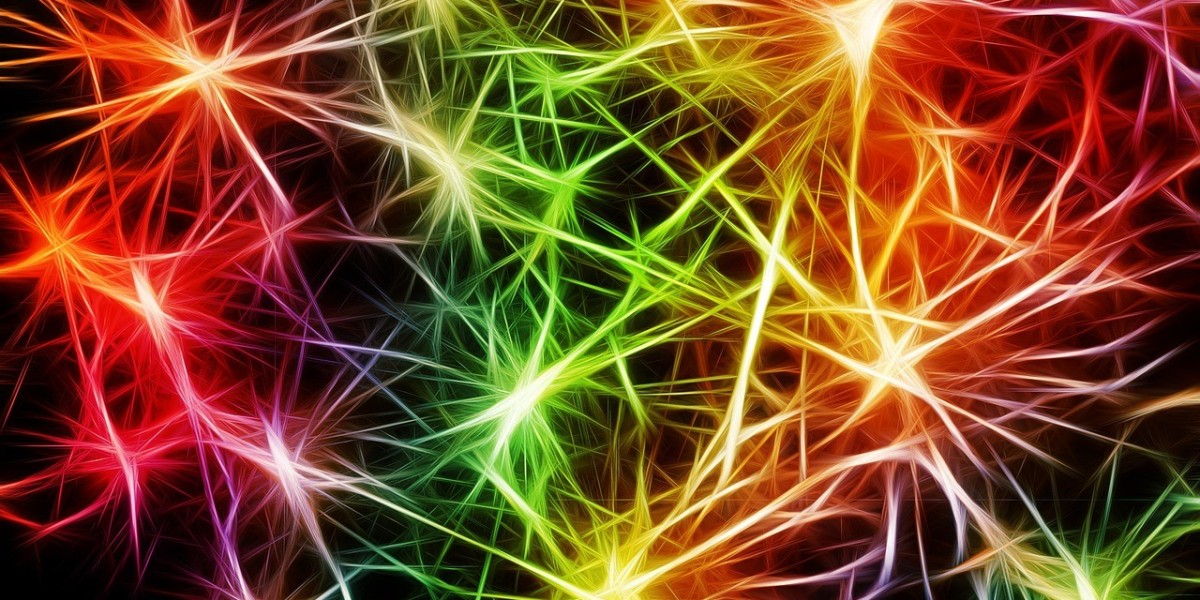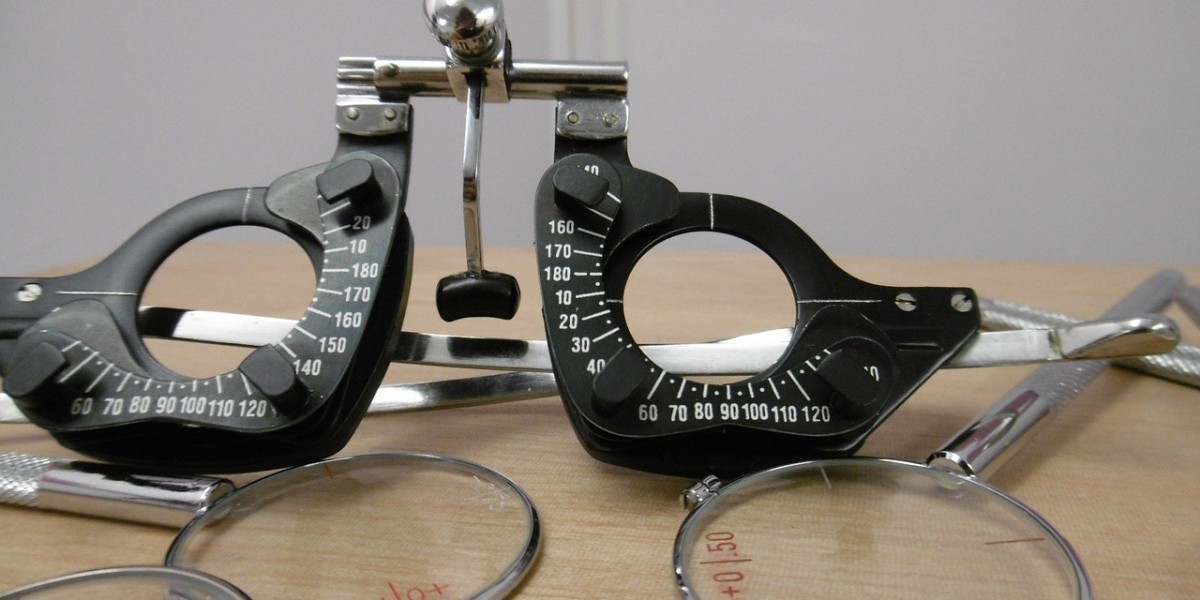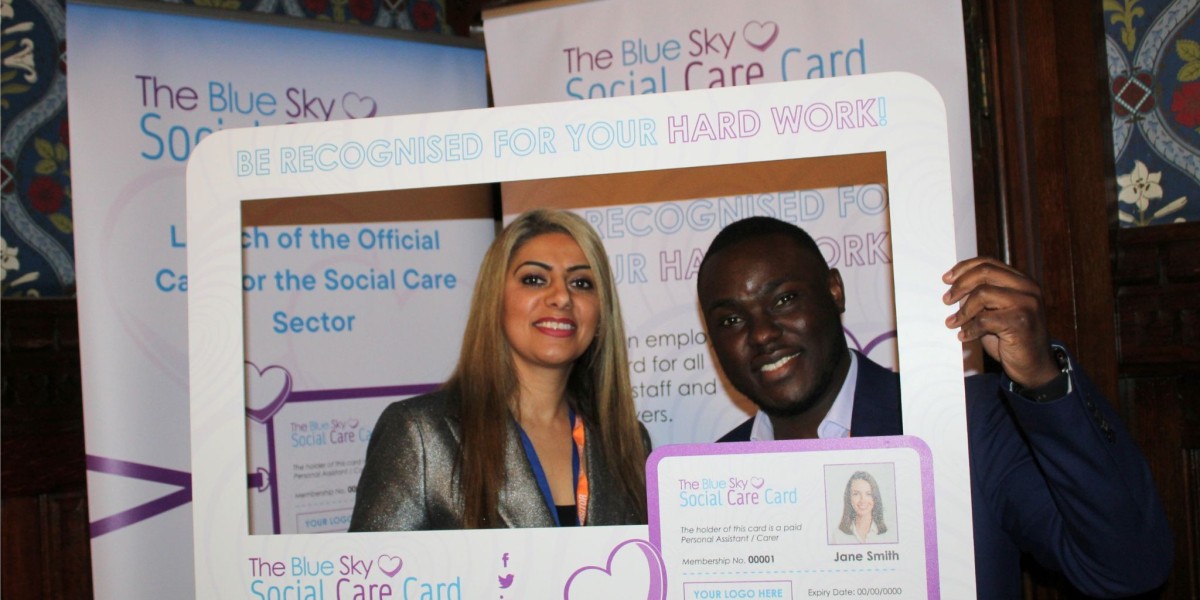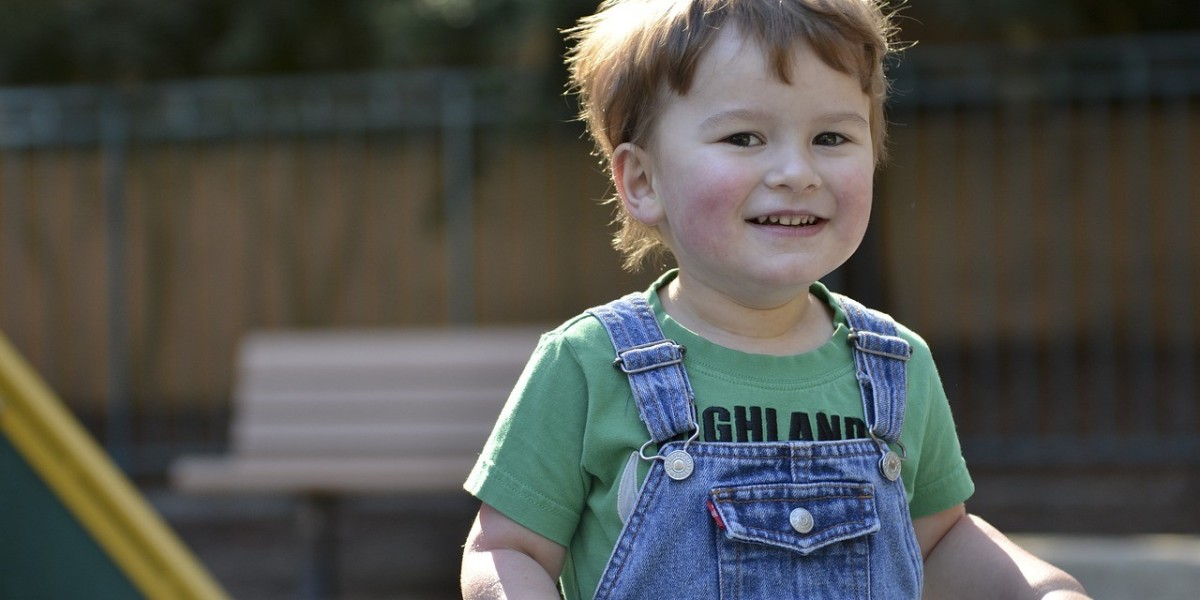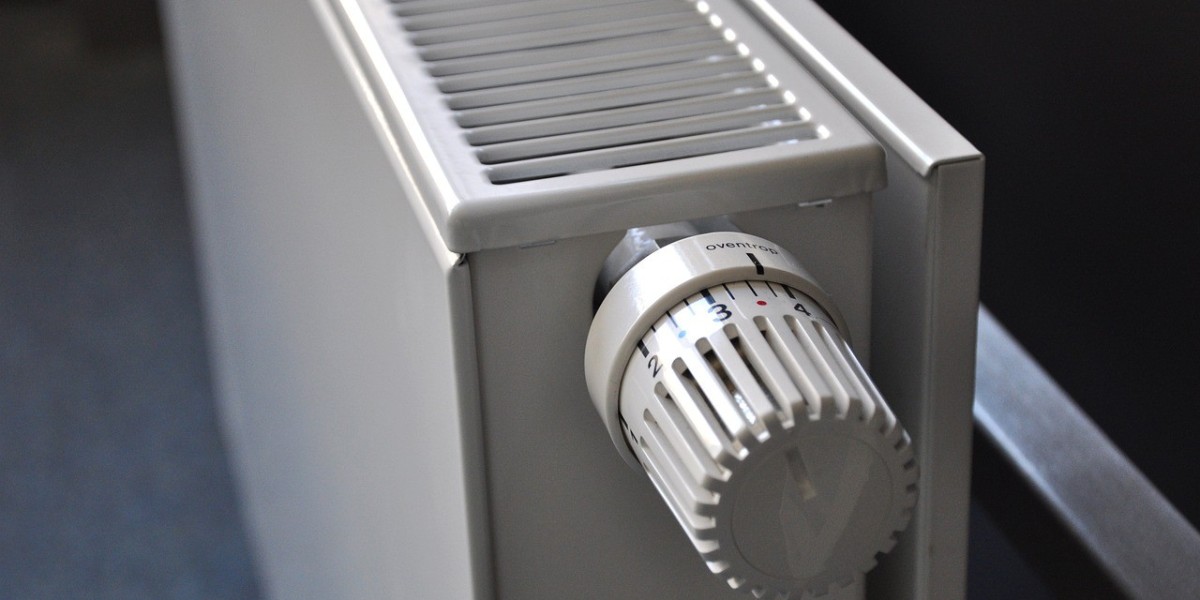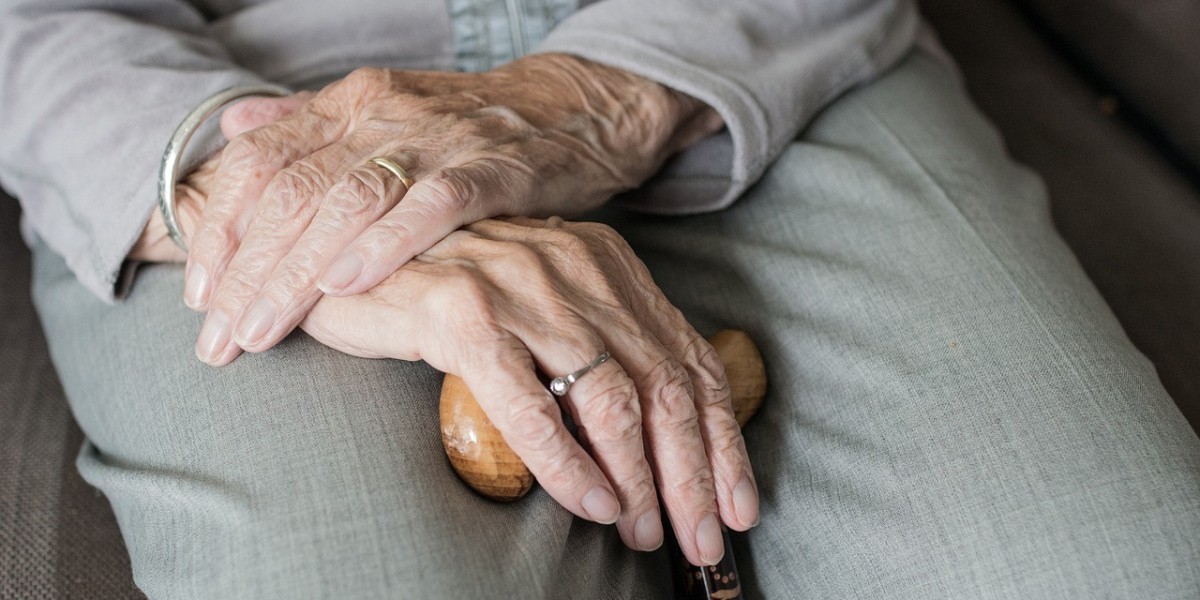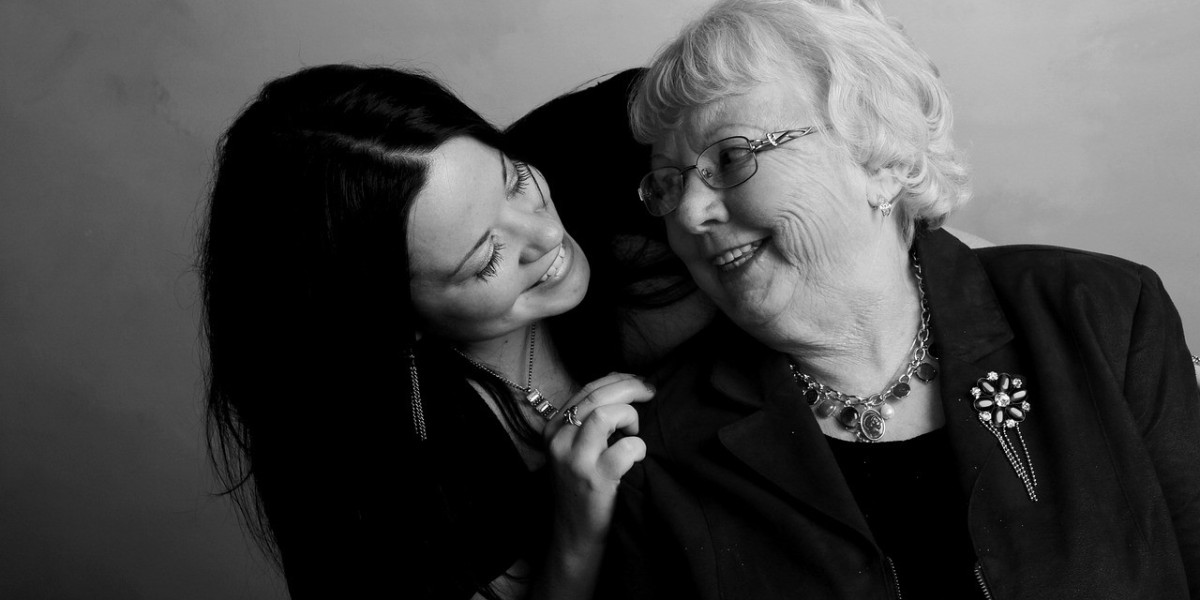Understanding the Connection Between Perimenopause, Menopause, and Dementia: What You Need to Know
As carers, we often find ourselves navigating uncharted waters, especially when it comes to supporting loved ones through conditions like dementia. But what happens when dementia symptoms overlap with something that every woman will experience in her lifetime?
If you're caring for a woman experiencing perimenopause or menopause, and you’ve noticed changes in her memory, mood, or behaviour, you may be wondering whether these symptoms are due to the natural hormonal shifts of menopause or something more serious, like early-onset dementia.
It’s a confusing and stressful time, but understanding the connection between these life stages and dementia can help you feel more empowered in your caregiving role.
What Is Perimenopause and Menopause?
Perimenopause is the transition phase leading up to menopause, where a woman’s hormone levels begin to fluctuate, often starting in her 40s or 50s. Menopause itself occurs when a woman hasn’t had a period for 12 consecutive months. Both stages are marked by a significant drop in estrogen and progesterone levels, which can trigger a range of symptoms, including:
- Hot flashes
- Mood swings
- Sleep disturbances
- Brain fog and memory lapses
For many women, these symptoms are manageable and temporary. However, in some cases, they can be mistaken for or even exacerbate cognitive issues, such as those seen in dementia.
Can Menopause Trigger Dementia Symptoms?
While menopause doesn’t cause dementia, it can sometimes bring about symptoms that mimic early dementia, particularly young-onset dementia, which affects people under the age of 65. The hormonal changes that occur during perimenopause and menopause can lead to cognitive difficulties such as:
- Memory problems
- Difficulty concentrating
- Confusion
- Increased anxiety or depression
For women already experiencing young-onset dementia, these symptoms may become more pronounced during menopause, making it harder to distinguish between the two conditions.
Understanding the Overlap
It can be tough to separate the cognitive effects of menopause from those of dementia, especially since both conditions can cause mood changes, memory issues, and sleep problems.
If your loved one is going through menopause and is also showing signs of cognitive decline, it’s essential to seek professional advice from a healthcare provider. They may suggest tests or evaluations to determine whether these changes are related to hormonal fluctuations or an underlying condition like dementia.
How to Support Someone with Young-Onset Dementia During Menopause
Caring for someone who is experiencing both menopause and young-onset dementia can feel overwhelming, but there are ways to provide support and improve their quality of life.
- Consult Healthcare Professionals: Work closely with your loved one’s doctor to manage the symptoms of menopause alongside their dementia care. Hormone Replacement Therapy (HRT) may be considered to help with some of the more severe menopausal symptoms.
- Create a Comfortable Environment: Hot flashes, night sweats, and insomnia can disrupt your loved one’s sleep and increase irritability. Ensuring a cool, comfortable sleeping environment and encouraging relaxation techniques can help.
- Monitor Mood and Mental Health: Menopause can often lead to anxiety and depression, which may worsen cognitive issues. Keep an eye on your loved one’s mood and seek support from mental health professionals if necessary.
- Support Cognitive Health: While menopause can cause temporary cognitive difficulties, it’s important to keep the mind active. Engage your loved one in activities that stimulate their brain, such as puzzles, reading, or even conversation.
Taking Care of Your Well-being
As a carer, it’s easy to forget your own needs when you’re focused on supporting someone else. But remember, your health and well-being are just as important. Take time for yourself, lean on your support network, and reach out to other carers who may be going through similar experiences.
Caring for someone who is going through both menopause and young-onset dementia can be challenging, but you’re not alone.
Many carers are facing the same uncertainties, questions, and stress. At We Talk Care, we believe that no carer should face this journey in isolation. Our community is here to offer support, advice, and a safe space to share your experiences.

